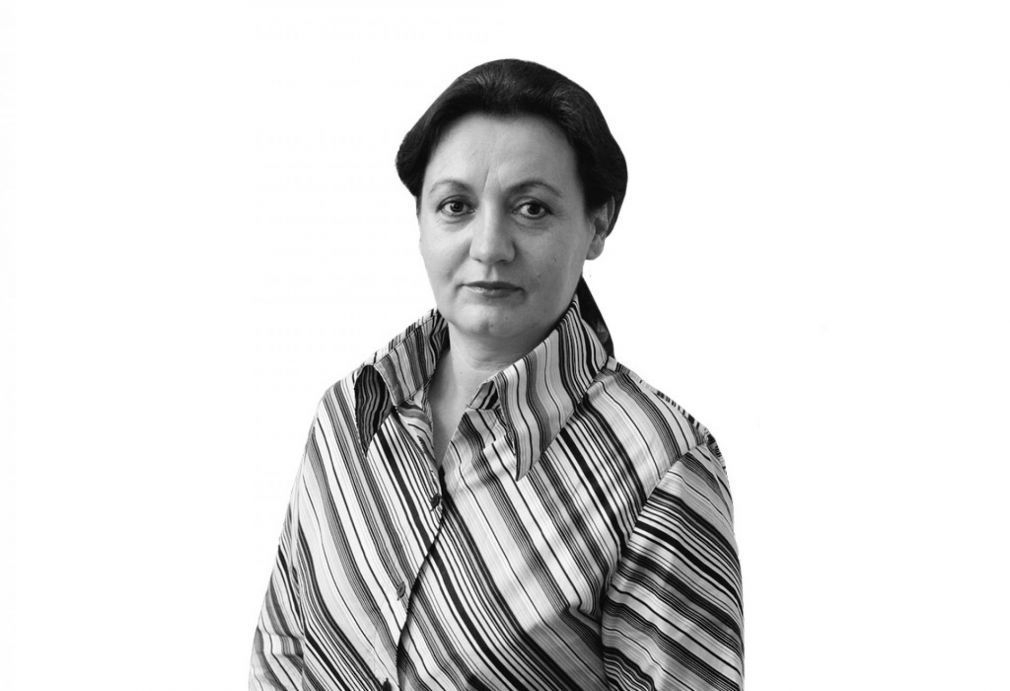By: Vida Kocjan
By 2030, Slovenia has more than 10 billion euros in development funds from the European Cohesion Funds. These are the only development funds we have since Slovenia’s accession to the EU.
Many projects and programmes are being implemented and completed in the country during this time; with the help of European funds, more than 10,000 projects have been implemented in recent years.
The Government Office for Development and European Cohesion Policy is negotiating with the European Commission on the latest package of European funds for this decade worth 3.2 billion euros.
Meanwhile, the announcements of the new government that European funds will be redirected to so-called soft content are very worrying. This was also announced by Aleksander Jevšek at the presentation for the new Minister of Development when he said that the new government would no longer “allocate this money for concrete”. As a result, they intend to withdraw European money from projects set by the government of Janez Janša. These are roads, nursing homes, schools, kindergartens, and hospitals.
The new government can no longer stop projects that are being implemented already. However, by taking over the negotiations for the third financial perspective (until 2027 with an extension of two years), they can change this and turn things upside down. They can additionally change the plans for the remaining funds that the team led by Janez Janša obtained for Slovenia in the summer of 2020 in Brussels.
Even before the elections, Tanja Fajon, the president of the Social Democrats, announced that they have such an intention, and Jevšek is also the party’s cadre. In this regard, at the time Fajon advocated for the payment of this money to be frozen for Slovenia in Brussels. So, things are very serious. Instead of projects and development, the new government apparently intends to spend the money again on new studies, which will be of no use. We have already seen this during the previous governments (before Janša), when the last home for the elderly was built in 2007, and at the same time as much as 75 million euros were allocated for various studies. Things are really worrying and do not promise anything good.

